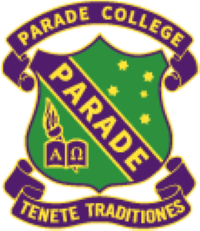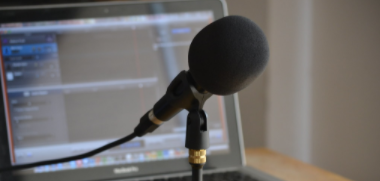
This role has a moderate level of AI exposure. AI can enhance efficiency for some tasks, but this job still relies on human skills and decision-making.
Explore all careersA Sound Technician operates audio equipment for performances, recording and mixing sound to ensure high-quality audio during productions.
Get qualified to work as a Sound Technician with a course recognised across Australia. Speak to a training provider to learn more.






In Australia, a full time Sound Technician generally earns $1,200 per week ($62,400 annual salary) before tax. This is a median figure for full-time employees and should be considered a guide only. As you gain more experience you can expect a potentially higher salary than people who are new to the industry.
 Courses.com.au Team
Courses.com.au Team
The number of people working in this field is expected to grow moderately in coming years. There are currently 3,000 people employed in this industry in Australia and many of them specialise as a Sound Technician. Sound Technicians may find work across all regions of Australia.
Source: Australian Government Labour Market Insights
 Courses.com.au Team
Courses.com.au Team
A Certificate IV in Music is an ideal qualification if you’re interested in a career as a Sound Technician. This course covers a range of topics including music business opportunities, copyright and creative practice. You’ll be able to specialise in an area of interest including sound production, performance, creation and composition or music business marketing.
 Courses.com.au Team
Courses.com.au Team
Browse occupations related to Sound Technician



If you’re looking to embark on a rewarding journey in the audio industry, explore the variety of Sound Technician courses in Melbourne. With seven courses available, ranging from beginner to advanced levels, there is something to suit every learner's needs and aspirations in this vibrant city. By enrolling in these courses, you'll develop the skills necessary to thrive in the exciting world of music and sound production, right in the heart of Melbourne.
For beginners, completing a Certificate III in Music (Sound Production) CUA30920 or a Certificate III in Music (Creation and Composition) CUA30920 can provide the foundational knowledge you need to kickstart your career. These courses are designed for those with little or no prior experience and will equip you with essential skills in sound equipment operation, music theory, and composition techniques, ensuring you gain practical experience that will serve you well in the industry.
For those with some background in sound production, the advanced Diploma of Live Production and Technical Services CUA50420 and the Diploma of Music (Sound Production) CUA50820 are excellent options to elevate your expertise. Additionally, the Certificate IV in Video and Audio Systems UEE41520 addresses specific technical skills that will advance your career prospects. There are also degree options available, such as the Bachelor of Music Industry (Music Production) and the Bachelor of Music Industry (Audio Production), providing a comprehensive pathway for those who aspire to hold prominent roles within the music industry.
Melbourne is renowned for its vibrant music scene, offering ample opportunities for aspiring sound technicians to immerse themselves in real-world experiences during their studies. By choosing the right Sound Technician courses in Melbourne, you are taking an important step towards not only mastering essential skills but also connecting with fellow music enthusiasts and professionals in the industry. Embrace the opportunity to learn and grow in one of Australia's most creative cities and start your journey to becoming a sought-after sound technician today!